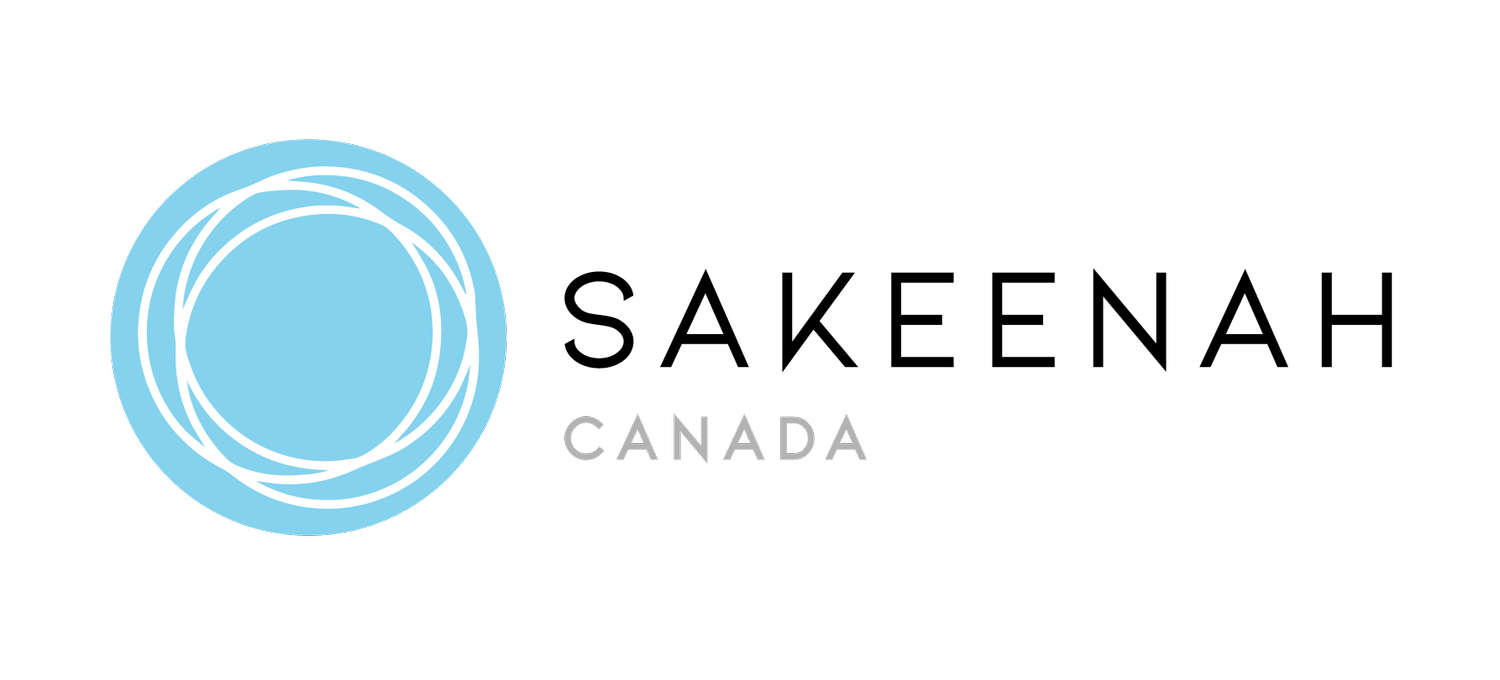Menstruation & Mental Health
Have you ever had the most horrible day, feeling miserable and sad, your mental health taking a hit for no apparent reason… only to be explained by getting your period a week later? Yeah. Periods can be rough and can impact all parts of your mind, body, and soul in many ways.
The menstrual cycle is divided into several phases, during which your hormones fluctuate daily, influencing your physical and emotional states.
Phases of the Menstrual Cycle
The menstrual phase (when menstruation occurs) can have symptoms like cramping, fatigue, back pain, and irritability.
The follicular phase (leading up to ovulation), where estrogen levels rise often leads to increased energy, positivity, and motivation.
The ovulatory phase (when ovulation occurs), where symptoms such as tenderness or achiness and nausea can occur.
The luteal phase (post-ovulation, leading up to the next menstrual phase) progesterone levels rise, which can result in feelings of fatigue, irritability, and mood swings. For some, this shift can trigger more severe symptoms, such as anxiety, depression, and heightened emotional sensitivity—a condition commonly known as premenstrual syndrome (PMS).
Period symptoms vary from person to person, but common symptoms can look like mood swings and emotional sensitivity, difficulty focusing (brain fog), self-esteem, and body image impacted by physical changes such as bloating or breaking out. Those with underlying mental health conditions like depression or anxiety can have those feelings further exacerbated during the menstrual cycle.
As Muslims, we believe spiritual health for your soul is just as important as physical health is for your body, and a big part of that is connecting with Allah through salah. Since you cannot pray salah during menstruation, many miss that daily connection, especially during Ramadan.
The Prophet PBUH comforted Aisha RA when she was menstruating during Hajj by saying, “This is a matter Allah has decreed for all the daughters of Adam.” [Sahih al-Bukhari 5559]
Periods can be a challenging time for many women, not just physically but mentally and emotionally as well. In Islam, it's essential to approach these moments with compassion and self-care, recognizing the natural cycle as a part of Allah’s creation. Periods are a gift from Allah, though cultural connotations often don’t make us feel so. It’s important to reframe our thinking - Allah has given us a week of rest and we can connect with Him in other ways, like adhkar, charity, and acts of service.
Repeating positive affirmations can ground you during your period. Remind yourself of your strength and resilience with phrases like, "I am strong, and I am in control of my body." Connecting with Allah through adkhar and dhikr can provide spiritual comfort, allowing you to find peace and patience in the midst of discomfort.
Gentle exercises like walking, stretching, or yoga can also alleviate cramps and boost your mood by releasing endorphins. Exercise doesn’t have to be strenuous; even a simple walk outdoors, appreciating the beauty of Allah’s creation, can refresh your mind and ease stress.
By combining these practices with a mindset of self-compassion, you can navigate your period with grace, honoring your body and spirit as integral parts of your faith.
Written by Hira Irfan - Marketing Coordinator at Sakeenah Canada. I love anything creative and using that creativity to serve my community. I’m a proud cat mom of two!
About Sakeenah Canada
Sakeenah Canada, a national charitable organization, was founded in 2018 in response to a gap in culturally and religiously sensitive services available for women and children facing domestic violence and homelessness. Since then, our services have expanded to include mental health therapy and counseling, child and youth programming, a food program to help combat food insecurity, an anti-human trafficking program, and foster care. Sakeenah Canada currently operates 9 homes for Muslim women and children across Canada, which includes shelters in Toronto, Brampton, London, Montreal, Ottawa, Winnipeg, Regina, and St. John’s; and a long-term housing project in Windsor.
Charitable Registration Number: 776013310 RR 0001

